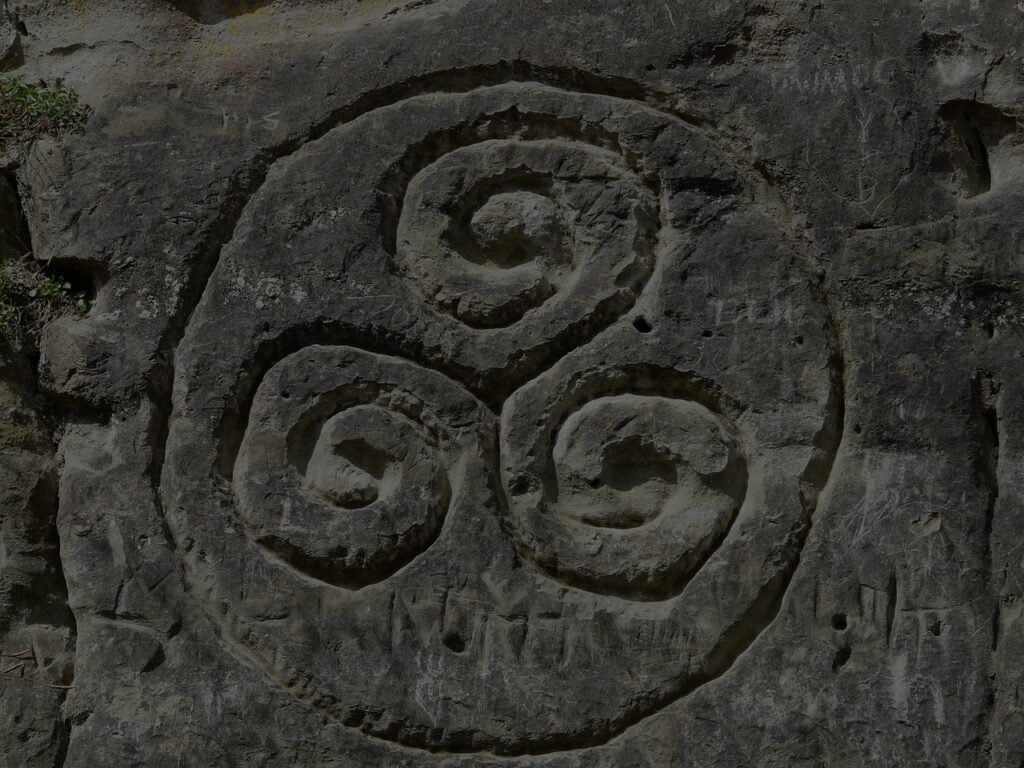Dreams have long been a source of fascination and mystery for humanity. Whether we are dreaming of something, or being dreamed of by someone or something, the symbolism and meaning behind these nocturnal images can often be complex and deeply personal.
When we dream of something, it is often thought to be a reflection of our subconscious thoughts and desires. Dreams can offer insights into our fears, hopes, and unresolved issues, providing a window into our innermost selves. On the other hand, being dreamed of by someone or something can suggest a sense of being observed or influenced from an outside source.
The symbolism of dreams can vary greatly depending on the individuals involved and the context of the dream. It is said that paying attention to our dreams and exploring their meanings can lead to a greater understanding of ourselves and our place in the world. Ultimately, the interpretation of dreams is a deeply personal and subjective experience, allowing us to delve into the depths of our psyche and uncover hidden truths.
Dream Of Or Dreamed Of Symbolism
Dreams have been a subject of fascination and intrigue for centuries, with many cultures and belief systems attributing deep symbolism to the content of dreams. One common theme that appears in dreams is the idea of dreams of or dreamed of, which can carry significant meaning depending on the context in which it appears.
In psychology, dreams are often seen as a window into the subconscious mind. Sigmund Freud, the father of psychoanalysis, believed that dreams are a way for the unconscious to express hidden desires and fears. In this context, dreaming of something can symbolize a deep-seated longing or fear that is not fully acknowledged or understood by the conscious mind. For example, dreaming of flying represent a desire for freedom or a fear of being trapped in a certain situation.
In mythology, dreams have played a central role in many ancient civilizations. The ancient Greeks, for example, believed that dreams were messages from the gods, sent to guide and protect individuals. In this context, dreaming of a particular symbol or deity be seen as a sign of divine intervention or guidance. For instance, dreaming of a snake, a common symbol in Greek mythology, be interpreted as a warning or a sign of transformation.
Cultural beliefs also play a significant role in the interpretation of dreams. In many indigenous cultures, dreams are seen as a way to communicate with ancestors or the spirit world. Dreaming of certain symbols or events be seen as a message from the spiritual realm, offering guidance or insight into one’s path in life. For example, dreaming of a hawk be interpreted as a sign of protection or guidance from one’s ancestors.
The concept of dreams of or dreamed of can also have personal significance in dreams. For many people, dreams are a way to process emotions and experiences that be difficult to confront in waking life. Dreaming of a specific person or place symbolize unresolved feelings or conflicts that need to be addressed. In this sense, dreams can serve as a form of therapy, helping individuals to gain insight into their own thoughts and emotions.
Overall, the symbolism behind dreams of or dreamed of can be rich and multifaceted, drawing on a range of psychological, mythological, and cultural beliefs. By paying attention to the symbols and themes that appear in dreams, individuals can gain a deeper understanding of their own subconscious desires and fears, as well as receive guidance and insight from the spiritual realm. Dreams offer a unique opportunity to explore the depths of the mind and soul, providing a glimpse into the unconscious and opening up new possibilities for personal growth and self-awareness.
Dream Of Or Dreamed Of Interpretation
Dreams of being chased or pursued are often associated with feelings of fear, anxiety, or a sense of being overwhelmed in waking life. In the dream of being chased or pursued, the dreamer be feeling threatened or pressured by a situation or person in their life. The act of running away or hiding suggests a desire to escape or avoid confronting these challenges.
Moreover, the dreamer also be experiencing feelings of insecurity or vulnerability, as being chased can symbolize a perceived lack of control or power in a situation. The dream be reflecting the dreamer’s subconscious fears or anxieties about a specific event or relationship in their life.
Additionally, the dream setting of a dark forest can add further layers of interpretation to the dream. Forests are often seen as symbols of the unknown or the subconscious mind, representing a place of mystery, danger, and hidden desires. The dreamer be exploring their own fears and uncertainties through the imagery of the forest, trying to navigate through their own inner landscape.
In terms of psychological principles, the dream be highlighting the dreamer’s need to confront and address their fears or anxieties in order to regain a sense of control and empowerment in their waking life. By facing their perceived threats head-on, the dreamer be able to overcome their insecurities and move forward with a greater sense of confidence and self-assurance.
Overall, the dream of being chased in a dark forest serve as a powerful metaphor for the dreamer’s psychological state and emotional struggles. By delving deeper into the dream content, themes, and underlying meanings, the dreamer be able to gain valuable insights and perspectives on their own inner workings and find the courage to confront their fears and uncertainties in order to grow and evolve as an individual.
Dealing Tips For Dream Of Or Dreamed Of
Dreams hold a unique place in human experience – they can be mysterious, comforting, puzzling, and sometimes even distressing. The act of dreaming, or having a dream, is something that is shared by all of us, yet our individual experiences with dreams can vary greatly.
One common challenge related to dreaming is the struggle to make sense of our dreams or to remember them upon waking. Dreams can be filled with symbols, emotions, and narratives that are often difficult to decipher or put into words. To manage this challenge, it can be helpful to keep a dream journal by your bedside and write down your dreams as soon as you wake up. This can help to solidify the memory of the dream and provide a record for future reflection.
Another challenge related to dreaming is experiencing nightmares or unpleasant dreams that leave us feeling disturbed or anxious. One strategy for managing this issue is to explore the underlying emotions or fears that may be coming up in the dream. By acknowledging and processing these feelings, we can begin to understand the messages our dreams may be trying to communicate to us. Seeking support from a therapist or counselor can also be beneficial in working through recurring nightmares or distressing dream experiences.
For those who are seeking reassurance and encouragement when it comes to their dream experiences, it’s important to remember that dreams are a natural and normal part of the human experience. Dreams often act as a reflection of our subconscious thoughts, feelings, and desires, and can provide valuable insight into our inner world. Taking the time to reflect on and explore our dreams can lead to personal growth, self-awareness, and a deeper connection to our intuition.
In conclusion, while dreaming can present its own set of challenges, there are strategies and practices that we can implement to navigate these experiences effectively. By keeping a dream journal, exploring the messages of our dreams, and seeking support when needed, we can learn to embrace and appreciate the profound world of dreaming. Remember, you are not alone in your dream experiences, and there is always support available to help you make sense of them.
FAQ For Dream Of Or Dreamed Of
1. What is the difference between “dreamt of” and “dreamed of”?
“Dreamed of” is the more commonly used past tense form of “dream of” in American English, while “dreamt of” is more common in British English. Both forms are correct and can be used interchangeably.
2. Can “dreamt of” and “dreamed of” be used in the present tense?
No, “dreamt of” and “dreamed of” are specifically past tense forms of the phrase “dream of.” For present tense, you would simply use “dream of.”
3. Can “dreamt of” and “dreamed of” be used interchangeably in all contexts?
Yes, in most cases “dreamt of” and “dreamed of” can be used interchangeably without causing confusion. Both forms convey the same meaning of having imagined or desired something.
4. Is there a formal rule for choosing between “dreamt of” and “dreamed of”?
There is no strict rule for choosing between “dreamt of” and “dreamed of.” It often comes down to personal preference or regional language norms. It is important to remain consistent in your usage within a particular piece of writing.
















